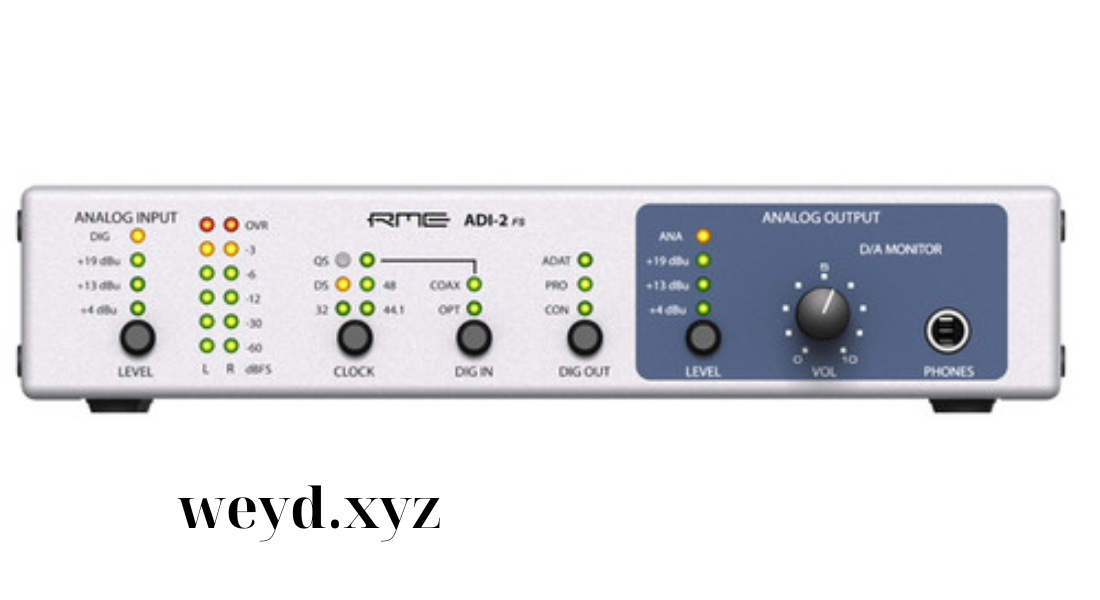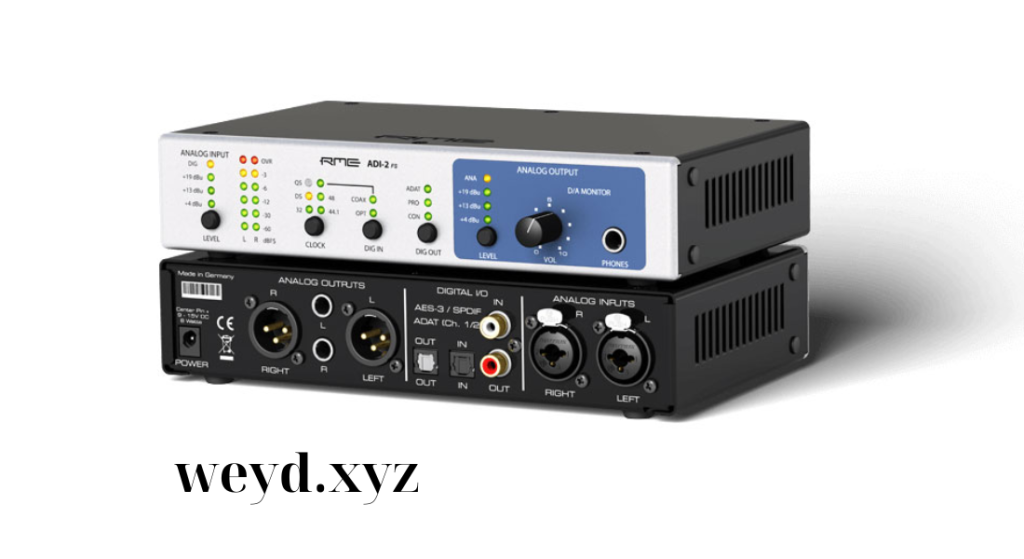Blog
Mastering ADI Signal Processing: A Comprehensive Guide for Enhanced Performance in Electronic Systems
Introduction
In today’s data-driven landscape, storage solutions have evolved from being simple repositories to strategic components within modern data centers. Companies rely on these solutions to handle massive volumes of data efficiently, securely, and with minimal downtime. While Intel storage solutions are a popular choice, businesses now seek alternatives that offer unique features and superior compatibility to suit their growing and diverse needs. This article explores advanced storage options, discusses their advantages, and offers insights on how businesses can implement these technologies to optimize their infrastructure.
1. Understanding the Core of Storage Solutions for Data Centers
Data centers serve as the backbone of modern enterprises, managing everything from internal operations to client services. However, as businesses scale, so does the complexity of their data requirements. Storage solutions must now support not only high capacity but also speed, security, and ease of access.
One of the most critical considerations is scalability. Storage solutions need to expand effortlessly, allowing data centers to grow in line with the increasing data needs without compromising performance. For instance, storage solutions like those provided by Intel are optimized for data-heavy applications, but numerous other alternatives can complement or enhance existing setups.
2. The Shift Toward Hybrid and Cloud Storage Models
The demand for hybrid storage and cloud storage models is on the rise. These models combine on-premises and cloud resources, providing the flexibility of local storage with the scalability and cost-efficiency of cloud services. Companies can store frequently accessed data on-premises while utilizing cloud storage for archives and backup, maximizing performance and reducing storage costs.
Many providers offer hybrid solutions that enable seamless data management across cloud and on-premise environments. This approach ensures that organizations meet their data storage needs while keeping operational costs under control.
3. Key Features of Modern Storage Solutions
When selecting a storage solution, businesses should consider several core features:
- Data Redundancy: Ensuring data is backed up and recoverable in case of hardware failure.
- Speed: High-speed access to data is essential for many applications.
- Scalability: Solutions that can grow with business needs.
- Security: Advanced encryption and security protocols to protect sensitive data.
For example, storage solutions from Intel and other leaders in the market often incorporate these features, enhancing reliability and robustness for data centers. However, exploring solutions that specialize in areas such as real-time data processing or large-scale redundancy can offer additional benefits for certain applications.
4. Exploring Open Source Storage Solutions
Open-source storage solutions have become increasingly popular due to their flexibility and community support. Options like Ceph, GlusterFS, and OpenStack Swift provide companies with high-performance storage capabilities that can be customized to fit unique infrastructure needs.
These solutions are often cost-effective and offer the ability to integrate with various hardware configurations, making them an excellent choice for companies that prioritize customization and control. Open-source solutions enable teams to modify software to meet specific requirements, which can be advantageous for data centers with specialized demands.
5. Energy Efficiency in Storage Solutions
In an era where sustainability is key, energy-efficient storage solutions have become a priority. Many modern storage systems are designed with energy conservation in mind, ensuring minimal power consumption without sacrificing performance. Solutions from both major brands and newer players in the market now offer options that reduce energy use, which can significantly lower operational costs.
Energy-efficient storage solutions benefit companies by cutting costs and supporting corporate sustainability goals. For instance, reducing reliance on power-intensive systems can lead to both economic and environmental advantages, a crucial factor for data centers operating at scale.

6. How SSDs and NVMe Technology Revolutionize Data Storage
Solid-state drives (SSDs) and Non-Volatile Memory Express (NVMe) technology have transformed the data storage landscape, offering faster and more efficient data access. These technologies enable companies to handle data-intensive applications, such as real-time analytics and machine learning, with reduced latency and increased throughput.
Implementing SSDs and NVMe technology can greatly improve data processing speeds, making it an ideal choice for data centers that need to handle large volumes of information quickly. While they may be more costly upfront, the long-term benefits of increased productivity and enhanced user experience make them a worthwhile investment.
7. Storage as a Service (STaaS): A Flexible Approach to Storage
Storage as a Service (STaaS) offers a flexible and scalable way for companies to manage data storage without heavy upfront investments. This approach allows businesses to pay for the storage they need, reducing wasted capacity and enabling better cost control.
Providers of STaaS handle maintenance, upgrades, and scaling, giving companies peace of mind and enabling them to focus on core business activities. As companies grow, their storage needs can be met effortlessly by simply adjusting their subscription.
8. Data Security and Compliance in Storage Solutions
Security is paramount in data storage, especially with the increase in cyber threats and regulatory requirements. Compliance with standards such as GDPR, HIPAA, and CCPA is essential for protecting customer data and maintaining trust.
Advanced storage solutions incorporate encryption, multi-factor authentication, and access controls to prevent unauthorized access. Implementing a solution with strong security measures is especially crucial for industries handling sensitive information, such as healthcare and finance.
9. The Future of Storage Solutions: Trends to Watch
The storage industry is constantly evolving, with innovations such as artificial intelligence and machine learning driving new capabilities. Future storage solutions are expected to offer intelligent management features, automating tasks like data categorization and backup scheduling. Additionally, advancements in quantum storage could revolutionize data centers by offering exponentially higher storage capacities in smaller physical spaces.
Another emerging trend is the integration of 5G technology. Which promises faster data transfer speeds, enabling real-time data processing across decentralized data centers.
Conclusion
Selecting the right storage solution is a strategic decision that can significantly impact a company’s operations and overall success. From hybrid and cloud models to energy-efficient designs, modern storage solutions offer a range of options to suit diverse needs. While Intel storage solutions remain popular, businesses are encouraged to explore other options that may offer specialized benefits. Such as enhanced security or superior scalability. By considering all aspects—from speed and redundancy to sustainability—companies can ensure that their storage infrastructure is prepared to meet current demands and adapt to future challenges.


